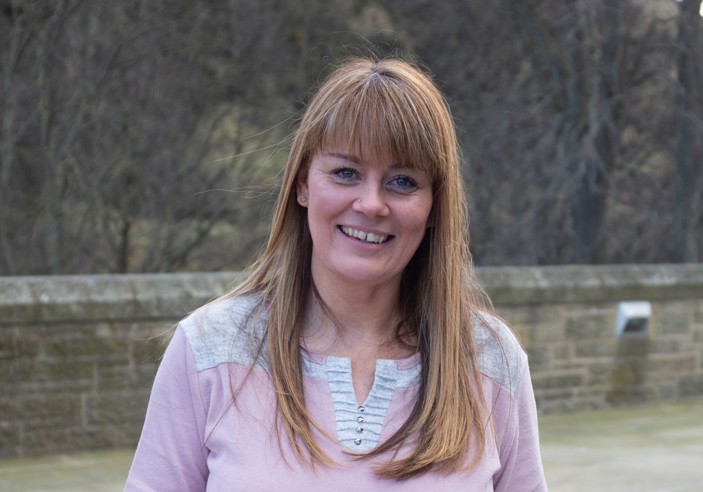Just over one in four (26 percent) Scots surveyed who have experienced a worsening of their mental health for the first time during the pandemic have yet to have a conversation about it, according to research published today.
The survey of 1001 people in Scotland also revealed that nearly one in five people (19 percent) who were already struggling with a mental health problem when the pandemic hit said they haven’t spoken to anyone about their mental health since the pandemic started.
Forty-three percent of those whose mental health has worsened during the pandemic said that they haven’t spoken to anyone because they felt like everyone has been struggling and they are no different, while almost one in three (31 percent) said that they didn’t feel comfortable talking about their mental health.
The poll was conducted as part of Time to Talk Day, a national day of conversations about mental health.
Taking place today, it’s the day that friends, families, communities, and workplaces come together to talk, listen and change lives.
Important conversations
The research shows that conversations like these are important. The poll, which surveyed people both with and without experience of mental health problems, showed that 44 percent of people reported worsening mental health since the pandemic began in March 2020.
Encouragingly, the majority of those who had spoken about their mental health found that this had been a positive experience (71 percent) – showing that there is real power in opening up – and 62 percent agreed that it is getting easier to talk about mental health.
See Me volunteer Angela McCrimmon, from West Lothian, says that opening up about her mental health has had an important impact on her life. Angela, who has a diagnosis of bipolar disorder, says: “A lot of my recovery and freedom came when I started to open up and be honest and realise that there is there is no shame in living with a mental illness. It’s part of who I am.
“My advice, when it comes to talking about your mental health, is not to be afraid of being honest. We need to help remove shame and stigma, so tell your story without fear of what others may think.”

See Me volunteer Angela McCrimmon
Fellow volunteer Tommy Kelly, from North Ayrshire, understands the power of conversation after he started to struggle with an eating disorder following the death of his mother. Opening up to his father was a milestone in his recovery.
Tommy says: “For six, seven years I denied that I actually had that problem and tried to hide it from my dad, because of the fear of the stigma. For me to open up to him, and for him to say to me, ‘Tommy, I love you with all my heart. I’ve lost your mum and I don’t want to lose you,’ – that was massively powerful. Opening up and about your problems is the biggest step to recovering.”

See Me volunteer Tommy Kelly
Time to Talk Day helps to create more supportive communities where we can talk openly about mental health and feel empowered, like Tommy and Angela, to seek help when we need it.
This year’s Time to Talk Day will see a range of activities and events take place across Scotland, with workplaces, schools, community groups, sports clubs, friends and family doing their bit to start the conversation on mental health, with a focus on not just talking, but listening too.
The campaign is run in Scotland by See Me, the national programme to end mental health stigma and discrimination, in partnership with Co-op. It is led by Mind and Rethink Mental Illness in England, Inspire and Change Your Mind in Northern Ireland, and Time to Change Wales.
Take the opportunity
See Me director Wendy Halliday said: “We all have mental health, and any of us could go through a period where we struggle. The figures show that there is still real stigma attached to opening up about how you’re feeling, and we want everyone to feel comfortable talking about mental health in a way that suits them. I would encourage everyone to take the opportunity to have those important conversations, to talk and listen, this Time to Talk Day.”
Rebecca Birkbeck, Director of Community and Shared Value at the Co-op, said: “It’s never been a more important time for us to be able to talk about how we are feeling, however, it can still be hard to speak up about our mental wellbeing. Our research has shown the vital role played by our communities in kickstarting these conversations, giving us the chance to open up whilst we are out and about. We know many people are still waiting for the right time to do that, so we’re encouraging everyone to give it a go this Time to Talk Day.”
You can access tools to plan your own Time to Talk Day event, download an activity pack or check out what’s happening nationwide on the Time to Talk Day web page.






